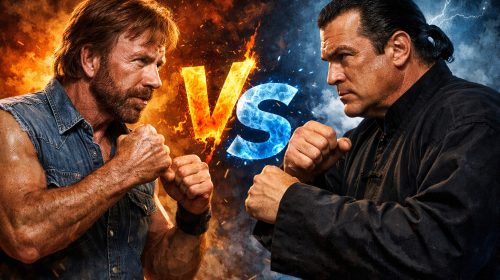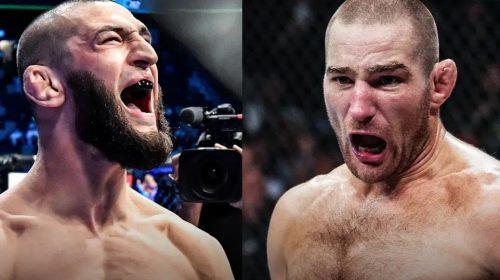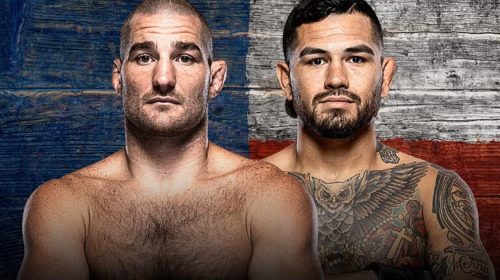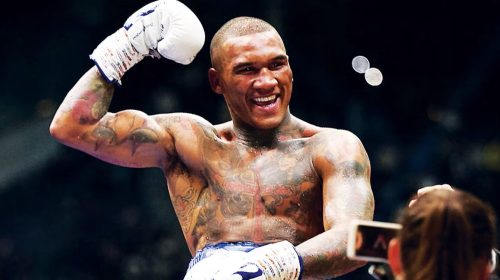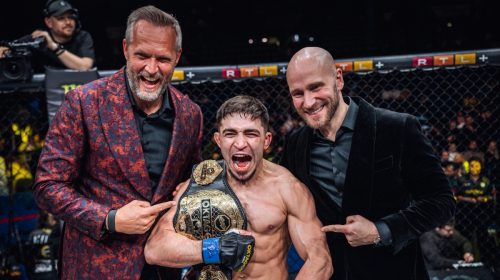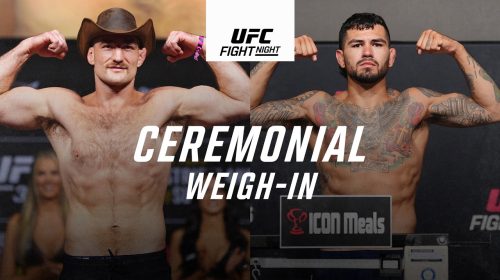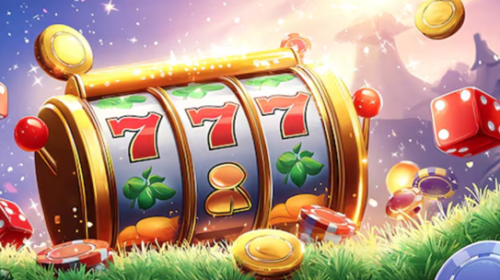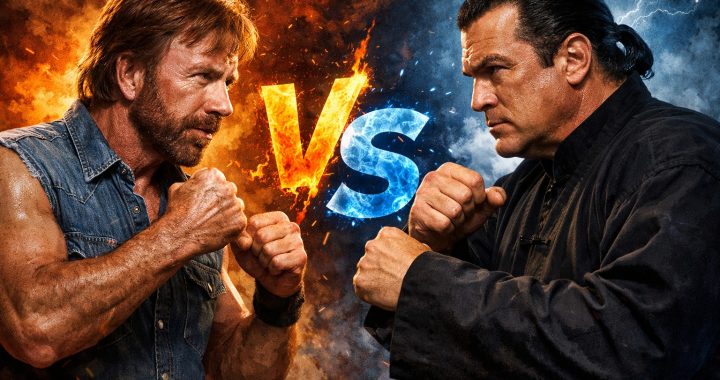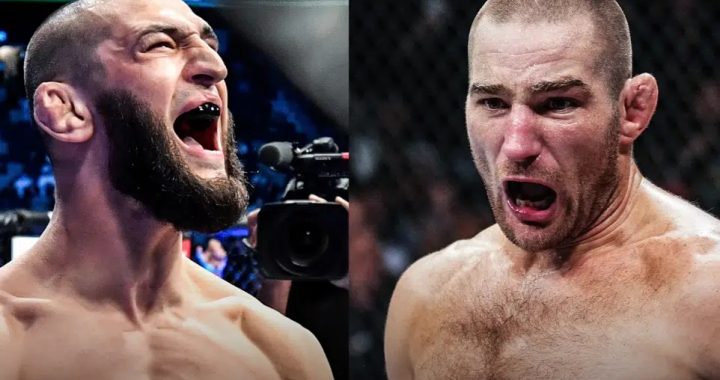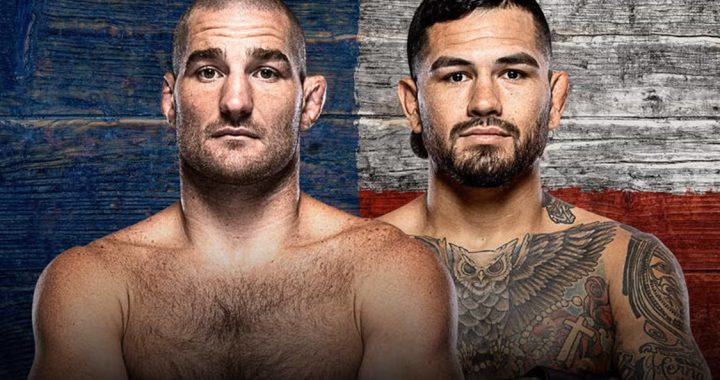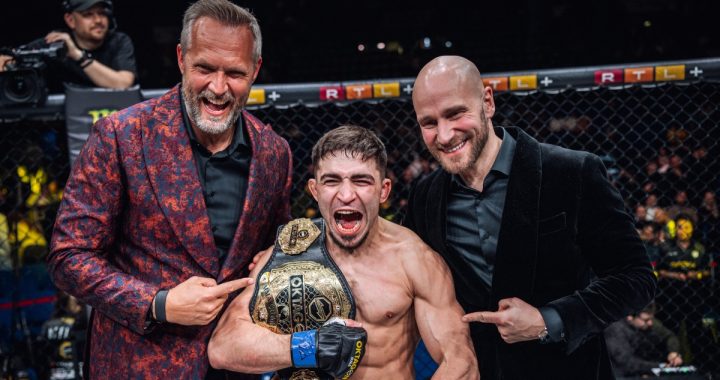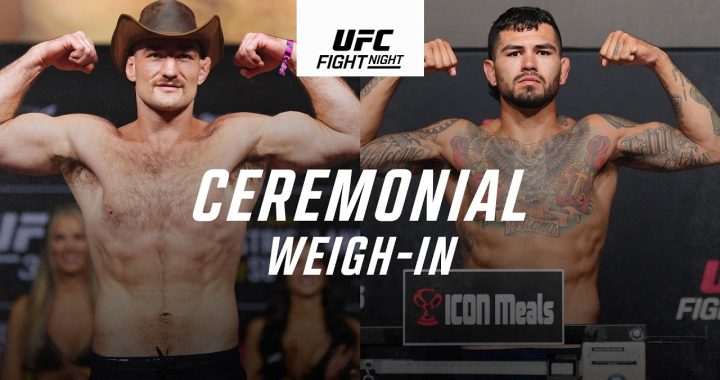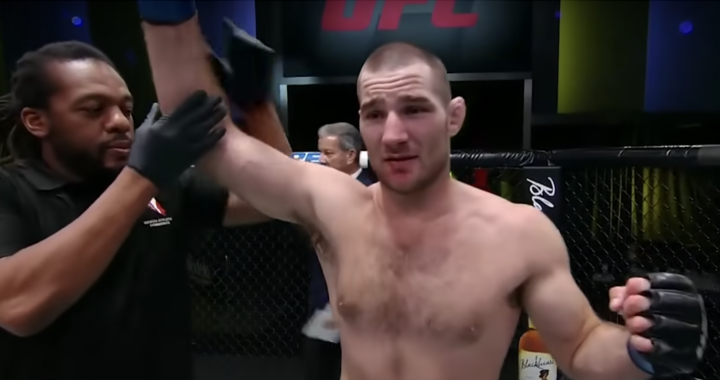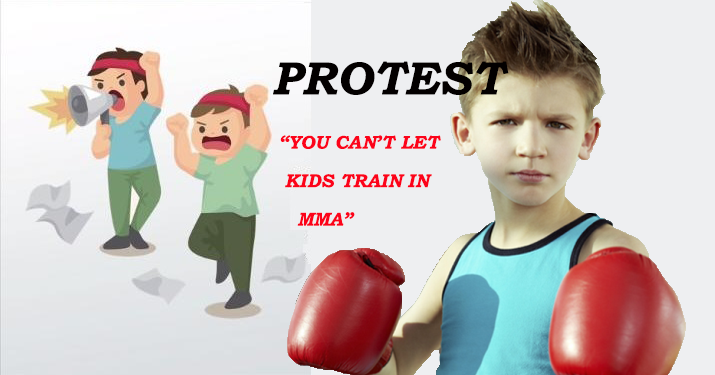
Let’s talk about small town politics – Who should control youth participation in MMA?
Every so often, I get this itch to write from the heart. And the formula for this is always similar: start to write with no direction, get frustrated, take a break to regroup, turn on some interesting music (this time around it was Lou Reed’s ‘Transformer’ album) and read Chuck Klosterman (who still happens to be my favorite writer).
Somewhere in that process I am trying to figure out how this connects me to the sport of mixed martial arts. It’s a difficult process with several moving parts. What am I trying to say? What insight do I have into MMA? How does a story, ultimately about myself, not come across as vein or self-serving?
Over the weekend, I came across this couple who started to talk to me about my writing. It didn’t take long to find out that their children were in MMA classes. I was shocked. I was shocked because I could tell their children (two boys) weren’t very old and, in my experience, most parents aren’t terribly keen on their children taking classes like this.
“Why MMA?’ I asked.
“I like the teaching of self-defense and control,” the father replied.
I was in awe. Why can’t more parents be like this? After all, most parents are naturally inclined to little league baseball, basketball, soccer, etc. These sports seem safer and preach social interaction. It was how I was raised. I played football, ran track and was on the American Legion baseball team all through high school.
In hindsight, I could’ve done without two of those.
Being the son of a football coach, it was merely assumed I would play football. But I did not enjoy it. For me, these sports didn’t teach social interaction, they taught me about small town politics and how to be bullied. I wasn’t the strongest or the fastest on the team, but I certainly wasn’t the slowest or the weakest. I was moved around from position-to-position until I was almost phased out and I even contemplated quitting the team during my senior year (something only Randall “Pink” Floyd would do). I stuck with it and even played the last six weeks of the season with a partially torn MCL and shredded meniscus.
Football season ended, I had the knee surgery with an advanced rehab to get ready for track. I was ready. Politics had no say in this. No one in that school could throw a discus further than me. I wanted to qualify for state.
I didn’t. Officially, I placed seventh in Sectionals with a throw of 135’10. It was six feet short of automatically qualifying. It could’ve stopped there except a few coaches from other schools informed me that my throws were purposely being marked short policby the marker who wasn’t exactly a fan of mine. I was furious and wanted to protest the results. I was not allowed to. So much for no politics in individual sports.
If you’ve gotten this far and are still reading, kudos!
As recently as three years ago, I started writing and reporting on MMA with a friendly push from Mike Heck after a weekend in Syracuse. Mike handled the interviews on SFLC Podcast with a question to all first time guests.
“What got you into the sport of MMA?” Heck would ask.
The amount of responses with the same premise was astounding. Most of them had a response that mirrored my own. They were bullied growing up. Some fighters such as Rami Ibrahim and Justin Wren would go into more detail as to how they were bullied and what the tipping point was for them. My tipping point was when fighting wasn’t necessary. My fights weren’t two personalities colliding, they were demonstrations as to why I was different. Why I wasn’t cool. Why I didn’t belong. Suffice to say that, growing up, Junior High and High School students were vicious effing monsters. It was as if God decided to feed them all after midnight and then toss them into an Olympic-sized swimming pool. And the more fighters that would admit to this, the more of myself I would see in these people and the more comfortable I became.
Finally, a society of outcasts that I could identify with. This was never a sport of brutal violence. It was controlled. Two athletes enter a cage with no animosity towards each other, just a desire to get the win. So when I started training with a focus on kickboxing it became an outlet: Clear your mind. Shift your hips. Control your kicks. Sweat. Breathe (God, this feels fantastic). I left the gym exhausted, but somehow had more energy than when I walked in. I exuded an interesting blend of testosterone and dopamine. It’s hard to not like that feeling.
So let’s go back to the comment made by those parents and what this sport really is: Self-defense and control. Adolescence brings with it a natural pecking order. Who’s popular? Who’s tough? Who’s attractive? Where do you fit in that order? Who cares.
MMA does not promote violence. It never did. It promotes self-defense. Everyone reading this has been in a physical altercation in their lives. And if you were on the receiving end of it, the person standing opposite to you was trying to impose his/her will on you. Defend yourself. But more importantly is control. You can’t control how people act toward you. But you can control how you handle the situation. You are the one thing in life you can control. A line I wish I could’ve told my 14-year old self. A line I continue to tell myself to this day.
So if you find yourself trying to chose activities for your children to engage, and you don’t want a community or social status deciding what position or role your children play, that’s where I’d choose MMA. That’s what MMA is to me.
